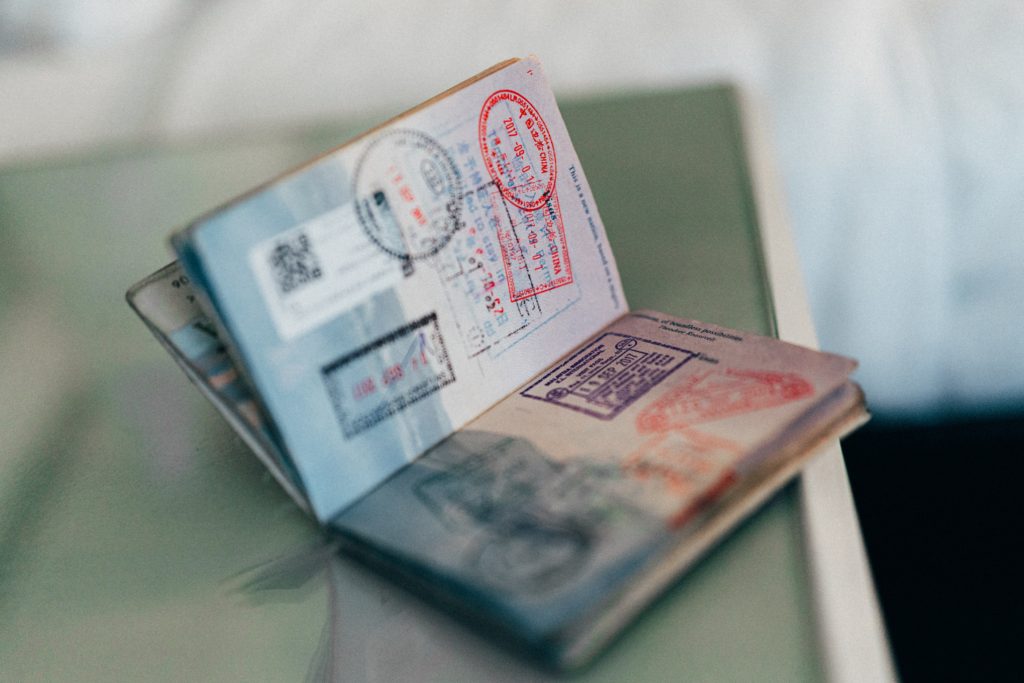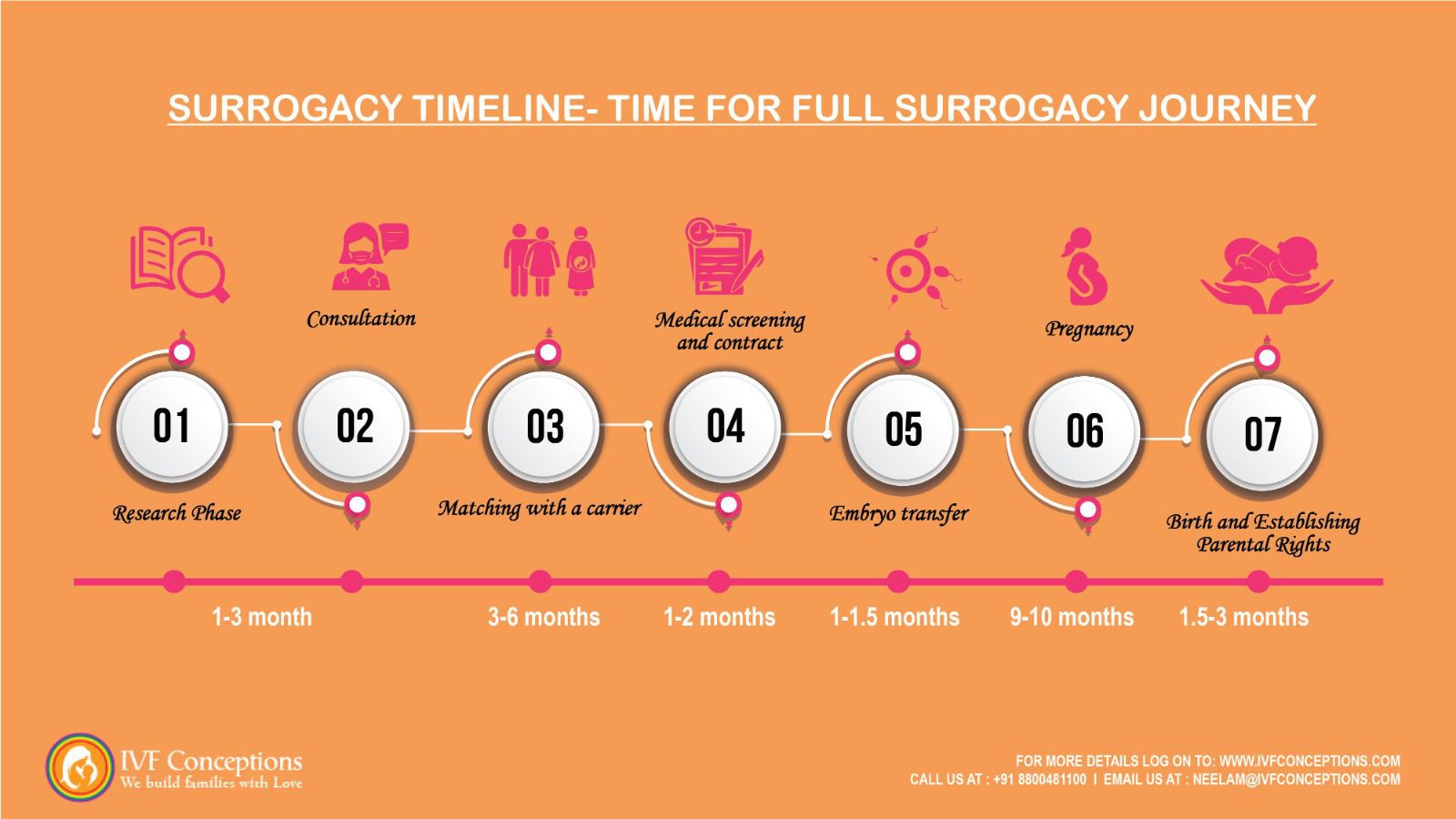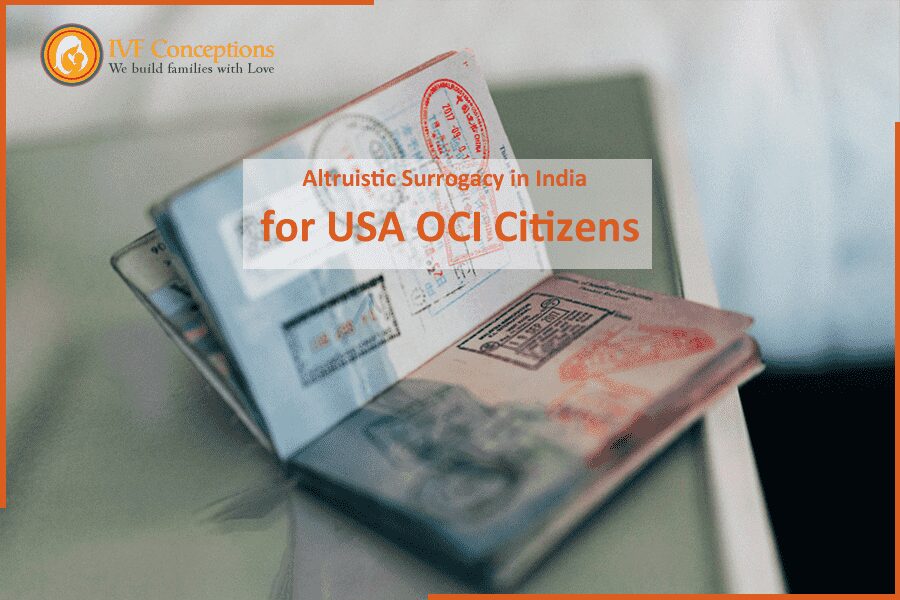Citizenship and Passports for Surrogacy Babies – A Comprehensive Guide for IPs

Congratulations on the arrival of your precious baby through surrogacy! We understand that this is an exciting and joyous time for you and your family. However, before you can bring your baby home, there are several essential steps to follow to ensure a smooth and legally sound process.
In this comprehensive guide, we will walk you through the necessary procedures for bringing your baby home after surrogacy, covering important aspects such as citizenship and passport for surrogate babies born abroad establishing parentage, securing citizenship, and travel documents.
Get in touch for a Free Surrogacy Consultancy:
📲 +91-8800481100 ( WhatsApp, Line, Viber)
 Parental Rights Over the Baby at Birth
Parental Rights Over the Baby at Birth
The determination of parental rights over the baby at birth depends on the jurisdiction where the child is born and the civil status of the parents.
In countries that recognize the surrogacy contract, the birth certificate is usually issued with the name of the “commissioning parents,” establishing them as the legal parents. In such cases, the surrogate’s parental rights, if any, are relinquished.
However, in jurisdictions without specific surrogacy legislation, the birth certificate may list the birth mother and the genetic father (usually the intended father). In such cases, the surrogate may retain parental rights alongside the genetic father. The allocation of parental rights depends on the family law of each individual country.

The Importance of Legal Expertise
Navigating the complexities of surrogacy laws and regulations in different countries can be challenging. It is crucial to seek the advice of a local family lawyer in your home country who specializes in surrogacy laws.
While agencies can offer some guidance within the country where the surrogacy takes place, consulting a family lawyer in your home country ensures a clear understanding of how to establish sole legal parentage.
More Resources for Citizenship and Passport for Surrogacy Babies:
Global International Surrogacy Options
International Surrogacy Countries-What You Need to Know ( in 2023)
Countries Where Surrogacy Is Legal (International Surrogacy 2023)
International Surrogacy- What All You Need To Know
Top 4 Cheapest Countries For Surrogacy That Parents Should Know (in 2023)

Bringing Baby Home After Surrogacy- Stepwise Process
1. Registering Your Baby as a Citizen
One of the primary steps in bringing your baby home after surrogacy is registering the child as a citizen of your home country.
This process typically involves proving your own citizenship and establishing the genetic relationship between you and your baby.
To accomplish this, you may need to undergo a DNA test and provide supporting documents, including the birth certificate. It generally takes 1-2 weeks for a DNA test to confirm a genetic link.
Typically, this process can take around 1 to 2 weeks, depending on the embassy’s processing time.
Additional Documentation Requirements
Alongside the DNA test results and supporting documents, you may need to provide a local birth certificate, which is usually issued within a week of the baby’s birth. Additionally, the embassy may request hospital records, IVF reports, and a medical exam to verify the child’s conception and birth details.
Your surrogacy agency will be a valuable resource in helping you complete the necessary paperwork and petition for your citizenship to children born abroad.
2. Waiving Surrogate Parental Rights
Before you can leave the country with your baby, you must ensure that the surrogate has officially waived her parental rights.
Having this documentation in place is crucial to avoid complications during the process of applying for a change in citizenship for your child.
In this step, you must prove that the surrogate has willingly waived her parental rights and acknowledged you and your spouse as the sole legal parents of the child.
This process may involve providing a simple affidavit, which could take about a week to complete.
However, if the embassy requires a court-ordered custody or parentage decree, it could extend the timeline to several weeks.
3. Applying for Passport or Travel Documents
To travel internationally with your baby, you must obtain a valid passport or other travel documents for the child.
Depending on your country of residence, the process may take two to three weeks, so it is advisable to start this procedure well in advance.
In cases of hardship or urgent travel needs, some countries may expedite the process, but it is best not to rely solely on such exceptions.
4. Establishing Parental Rights and Removing the Surrogate’s Rights
Establishing you and your partner as the legal parents of your baby is an important step that often involves an adoption process or similar legal procedures in your home country.
This step serves not only to secure your parental rights but also to terminate the surrogate’s parental rights in the eyes of your country’s legal system.
Hiring an experienced local family attorney experienced in family law is recommended to guide you through this process and ensure its smooth completion.
5. Understanding Embassy Requirements
Different embassies may have varying requirements for bringing a baby home after surrogacy.
These requirements can change over time, making it essential to stay informed and up-to-date with the specific regulations of your country’s embassy.
We strongly advise you or your attorney to directly contact your embassy and inquire about their latest guidelines to ensure compliance and a hassle-free return home.

How does the Surrogacy Baby Exit Process Works in Different Countries
The surrogacy process and legal procedures vary for citizens of different countries. Here are some specific considerations for surrogacy baby citizenship and parental rights in certain regions:
For US Citizens:
The process of obtaining citizenship and travel documents for a surrogate baby varies depending on the country where the surrogacy took place. US citizens will need to register their baby’s birth with their local embassy and obtain a passport before leaving for home.
Alongside a DNA test, additional documentation from the clinic, hospital, and surrogate may be required to obtain the child’s US passport.
For UK Citizens:
UK citizens must register their baby with their local embassy and obtain travel documents to return home with the child.
Once back in the UK, the parents must obtain a Parental Order from the UK courts. This order officially establishes the child’s parentage, citizenship, and legal status.
For European Citizens:
European governments generally recognize the intended parents as the genetic parents of the baby, entitling the child to citizenship.
The process can be determined either at the country’s embassy overseas or at home. However, bureaucratic processes may be lengthy and could require a local court order to establish parental rights in some cases.
Navigating Legal Procedures for Surrogacy Abroad
Bringing your baby home from surrogacy abroad requires careful consideration of legal procedures for citizenship and travel documentation. This article outlines the essential steps for a smooth return home with your baby.
1. Applying for Baby’s Citizenship Initiate the U.S. citizenship application at the local U.S. Consulate where the baby was born. Submit proof of parent’s citizenship and a DNA test conducted by a U.S. lab. The Consulate will process the application for a new American citizen born overseas.
2. Advanced Preparation Plan ahead and gather all required documents, including parental identification and proof of citizenship. Completing the DNA test through a reputable U.S. lab ensures a streamlined application process.
3. Timelines and Waiting Period The entire process usually takes 3 to 4 weeks if all documents are in order. Avoid mistakes to prevent delays.
4. Seek Professional Guidance Consider legal assistance or surrogacy agency support for a smoother process in a foreign country.
5. Ensuring a Smooth Journey Home Make this momentous occasion stress-free by proactively completing paperwork and staying informed about the application’s progress.
Navigating the legal aspects of surrogacy abroad demands preparation and attention to detail. By following the required steps and seeking guidance, you can bring your baby home joyfully and confidently.

Conclusion
The journey of surrogacy is filled with immense joy and anticipation, and bringing your surrogacy baby back home is the culmination of this beautiful experience.
Understanding the legal processes, citizenship and passport requirements, and parental rights transfer is essential for ensuring a smooth and seamless homecoming.
By consulting local family lawyers and adhering to the specific regulations of your home country, you can create a secure and nurturing environment for your new family member.
As surrogacy continues to touch lives around the world, the recognition of surrogacy children’s rights and citizenship is evolving, providing a brighter and more inclusive future for families created through this incredible journey.
If you’d like to learn more about IVF, Egg Donation, or surrogacy services globally, check out the rest of our website at IVF Conceptions. We offer legally secure and affordable surrogacy consulting services for FREE.
Get in touch for a Free Surrogacy Consultancy:
📲 +91-8800481100 ( WhatsApp, Line, Viber)

FAQs- Citizenship and Passports for Surrogacy Babies
How does surrogacy affect the citizenship of a child born abroad?
The citizenship of a child born abroad through surrogacy depends on the laws of the country where the child is born and the citizenship status of the parent(s).
What is the process to obtain a passport for a surrogate baby born abroad?
The process to obtain a passport for a surrogate baby born abroad involves submitting an application along with the required documentation, such as the consular report of birth abroad and the child’s birth certificate.
Can a foreign surrogate be considered the legal mother of the child born through surrogacy?
In most cases, the foreign surrogate is not considered the legal mother of the child born through surrogacy. The intended parents are typically recognized as the legal parents.
Are there any specific requirements for the intended parents to acquire U.S. citizenship for the surrogacy baby born abroad?
The requirements for the intended parents to acquire U.S. citizenship for a surrogate baby born abroad may vary depending on factors such as their own citizenship and immigration status. It is recommended to consult with an immigration attorney for guidance.
What is a consular report of birth abroad and why is it important?
A consular report of birth abroad is an official document issued by the U.S. consulate or embassy abroad that establishes the U.S. citizenship of a child born to U.S. citizen parent(s) outside the United States. It is important to obtain a passport for the child.
What rights of citizenship are provided to children born via surrogacy abroad?
Children born via surrogacy abroad may be eligible to acquire U.S. citizenship at birth if at least one of the intended parents is a U.S. citizen and meets certain legal requirements.
What is the process of obtaining citizenship and a passport for a surrogacy baby?
The process of obtaining citizenship and a passport for a surrogate baby involves establishing the legal parentage of the intended parents and ensuring that the baby meets the citizenship requirements of their home country.
How can intended parents demonstrate their citizenship to establish the baby’s citizenship?
Intended parents can demonstrate their citizenship by providing relevant documents such as passports, birth certificates, or citizenship certificates to prove their nationality and parentage.
What are the requirements for proving the genetic relationship of the baby to the intended parents?
Requirements for proving the genetic relationship may vary depending on the country and its laws.
Generally, DNA tests, medical records, or other forms of genetic testing can be used to establish the biological connection between the baby and the intended parents.
How can surrogates waive their parental rights to transfer parentage to the intended parents?
Surrogates can waive their parental rights through legal contracts and agreements with the intended parents before or after the baby’s birth. This process may involve court procedures or notarized documents, depending on the jurisdiction.
What are the steps to apply for a local passport for the surrogacy baby before returning home?
The steps to apply for a local passport for the surrogacy baby typically involve submitting required documents to the country’s passport issuing authority, such as birth certificates, parental identification, and any additional documentation related to surrogacy arrangements.
How long does the entire process of obtaining citizenship and a passport for a surrogacy baby usually take?
The duration of the process can vary significantly depending on the country’s laws, the efficiency of the relevant authorities, and any potential legal challenges. Generally, it takes 4-6 weeks for the full process but vary greatly depending on the IP embassy. Intended parents should start the process well in advance to allow for any unforeseen delays.

 Parental Rights Over the Baby at Birth
Parental Rights Over the Baby at Birth